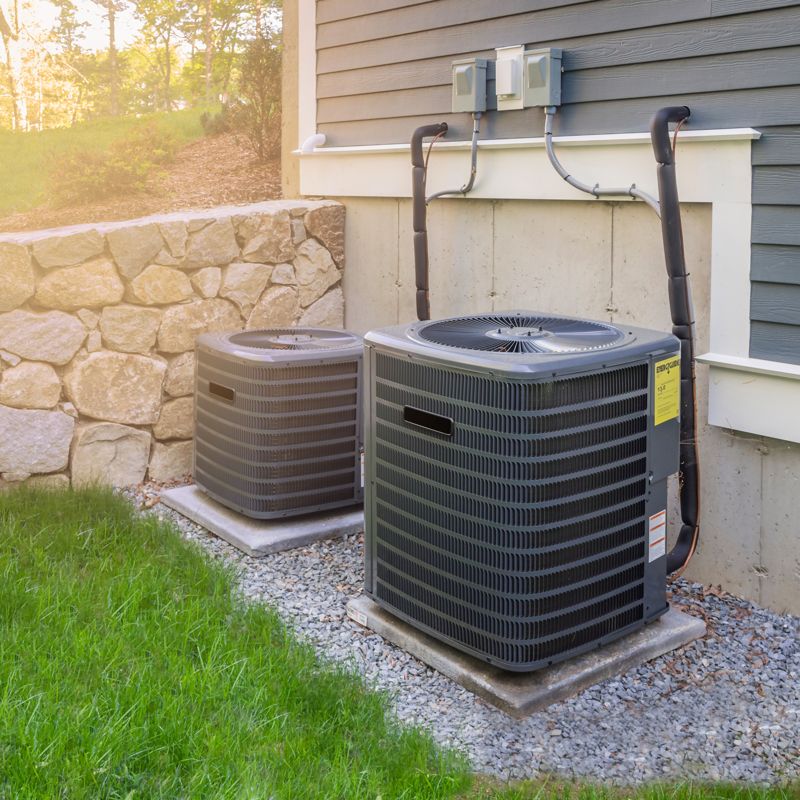
Heating Repair
Count on ProMag for expert heating repair services. Our skilled technicians use advanced technology and natural language processing to swiftly diagnose and resolve any heating issues, from faulty furnaces to inefficient heat pumps. Keep your home cozy and comfortable—contact us today.
Heating Repair Services
When the weather turns cold, having access to reliable heating repair services is crucial. Look no further than ProMag for exceptional service tailored to your heating needs. With years of experience, our company ensures your home remains comfortably warm throughout the winter months. Trust us for top-notch heating repair services you can depend on.
Total Heating Repair Solutions
Heating repair services can feel overwhelming, especially if you’re unfamiliar with heating systems. That’s why it’s crucial to enlist professional help. ProMag is a trusted provider offering 35 years of industry experience. Our dedicated team ensures quality service for all your heating repair needs.
Benefit of our Heating Repair Service
At our air conditioning and heating company, we pride ourselves on offering top-tier heating repair services to ensure your home remains comfortable and efficient, especially during colder months. Our expert technicians come fully equipped with the latest tools and knowledge to swiftly diagnose and repair any issues with your heating system, ensuring smooth and safe operation. Beyond just preventing discomfort, timely heating repairs can lead to significant savings on energy bills by enhancing system efficiency. Moreover, regular maintenance and repairs can prolong the lifespan of your heating equipment, reducing the need for costly replacements.
- Our heating repair services are reliable and affordable.
- We’ll work quickly to get your heat back on.
- You can trust us to provide honest, reliable service every time.
- We offer a 100% satisfaction guarantee on all of our heating services.
Why Choose ProMag?
Serving Orlando, FL Since 1988
-
Customized Maintenance PlansKeep your system running strong year-round with our affordable maintenance plans designed to prevent breakdowns and extend equipment life.
-
Flexible Financing AvailableWe make comfort affordable with flexible financing options. Get the HVAC system you need today without breaking the bank.
-
24/7 Emergency HVAC ServiceDay or night, weekends or holidays - we’re here for you with fast, reliable emergency HVAC service whenever you need it most.
-
Trusted Local Experts Since 1988Proudly serving Florida homes since 1988 with honest service, expert care, and long-lasting solutions our community counts on.

Why Choose Us for Heating Repair Services?
At ProMag, we’re open 24/7, 365 days a year, ensuring prompt assistance whenever you need it. With transparent pricing and free quotes, you’ll always know what to expect. Our expert technicians, experienced, trained, and certified, utilize the latest tools and knowledge to swiftly diagnose and repair any issues with your heating system. Not only do timely repairs keep your home comfortable and efficient during colder months, but they also save you money on energy bills by improving system efficiency. Additionally, regular maintenance and repairs extend the lifespan of your heating equipment, reducing the need for costly replacements. Trust us for 100% satisfaction guaranteed.
Energy-Efficient Heating for Orlando Homes
We focus on energy-saving heating solutions. Modern, efficient systems are our specialty. Reduce your energy bills and carbon footprint with ProMag. We guide you to smarter, greener heating choices.
Get a Quote from ProMag by Phone or Online
ProMag knows how to manage the harsh Florida climate by cleaning and repairing your heating and air conditioning system correctly. We strive to put homeowners at ease, letting them know that one call provides access to fast, professional, and friendly service at affordable prices.


-
"Great service!"
- Diana R.
ProMag is EPA Certified
When choosing a Florida heating and air sales, service, or installation company, it is not only important that they are EPA certified; it is the law. If your current heating company is not EPA certified, you may be risking more harm to your heating system than good, which will cost you more money in the future. At ProMag, we are EPA certified and properly licensed and insured.
Start Saving On Your Electric Bill Now!
Heating services in Florida are in demand during specific times throughout the year. Florida’s weather is known for its extreme fluctuations, and the cycle demand of our heating and Florida air conditioners is long. Therefore, it’s important to have the right HVAC system.
If you live in the Florida area and you have an older central heating system, consider upgrading to a high-efficiency heating and air conditioning system to cut down on your electrical bills.